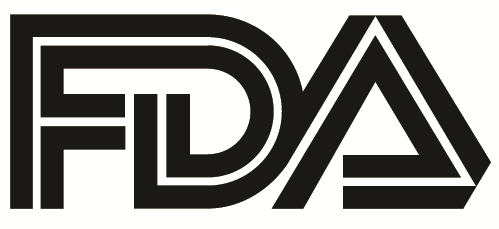Article
First Direct-to-Consumer Tests for 10 Medical Conditions Win FDA Marketing Approval
Author(s):
These tests could give clues to one's genetic predisposition to some diseases.

The US Food and Drug Administration (FDA) has given the green light to biotechnology enterprise, 23andMe, to begin marketing the Personal Genome Service Genetic Health Risks (GHR), the first direct-to-consumer (DTC) tests that can provide information on a person’s genetic predisposition to 10 specific medical conditions.
The GHR tests work by isolating DNA from a saliva sample that’s tested for more than 500,000 genetic variants. Researchers explained that the presence or absence of some of these variants could be related to a higher risk for developing any of the 10 diseases or conditions:
· Alpa-1 antitrypsin deficiency
· Celiac Disease
· Early-onset primary dystonia
· Factor XI deficiency
· Gaucher disease type 1
· Glucose-6-Phosphate Dehydrogenase deficiency
· Hereditary hemochromatosis
· Hereditary thrombophilia
· Late-onset Alzheimer’s disease
· Parkinson’s disease
Jeffrey Shuren, MD, director of the FDA’s Center for Devices and Radiological Health, explained in news release that the GHR tests cannot determine a person’s overall risk of developing a disease or condition, rather, it was intended to only provide genetic risk information to consumers.
Since other environmental and lifestyle factors can contribute to the development of certain health conditions, he urges patients to understand the genetic risk is “one piece of the bigger puzzle”.
The company was the target of an FDA warning in 2013 on the sales of its Personal Genome Services testing kit that it advertised as offering health reports on 240 conditions and traits. The FDA objected that there was no clinical validation for those advertised uses. The FDA said 23andMe should also have sought marketing approval from the FDA before releasing the test kit.
Nevertheless, the FDA’s recent authorization was supported by data from peer-reviewed, scientific literature that demonstrated a link between specific genetic variants and each of the 10 health conditions from studies that compared genetic variants present in people with a specific condition to those without that condition.
FDA officials also reviewed studies, which demonstrated that 23andMe GHR tested correctly and consistently identified variants associated with the 10 indicated conditions or diseases from a saliva sample.
The most common risks associated with the GHR tests included false positive findings and false negative findings. Researchers highlighted that Results obtained from the tests should not be used for diagnosis or to inform treatment decisions; users should consult a health care professional about results.
Officials reported that along with the authorization, the FDA is establishing special controls criteria, which would clarify the agency’s expectations in assuring the tests’ accuracy, reliability, and clinical relevance.
“By establishing special controls and eventually, a premarket review exemption, the FDA can provide a streamlined, flexible approach for tests using similar technologies to enter the market while the agency continues to help ensure that they provide accurate and reproducible results,” said Shuren.



